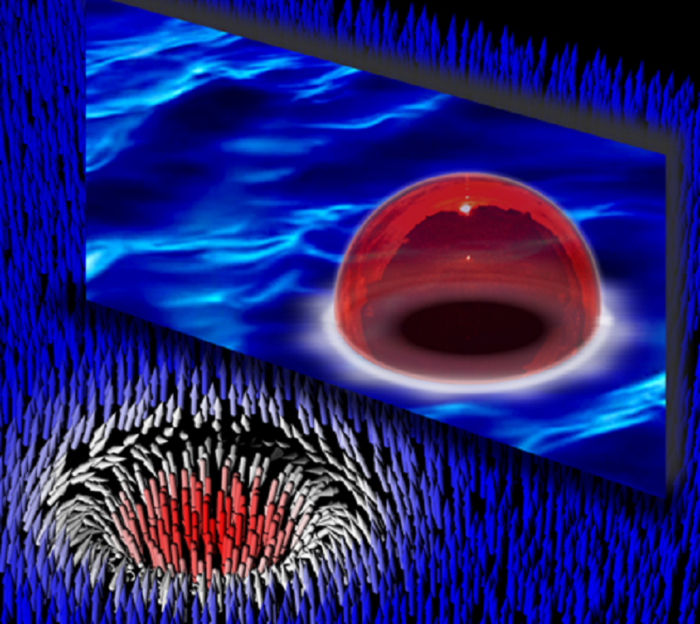A laboratory-created cloud of ultracold atoms is helping scientists study the universe, in particular the mechanisms that make it stable, and verify the validity of the current theories that explain this stability, providing elements that are also use for biochemistry and quantum computing.Described in a paper nature.com/articles/s41567-023-02345-4">published in the Nature Physics journal, the research is the result of cooperation between the Italian National Research Council's National Optics Institute (Cnr-Ino), the University of Trento's physics department, the Trento Institute for Fundamental Physics and Applications (TIFPA), the national centre of the National Institute of Nuclear Physics (INFN) and Britain's University of Newcastle.At Trento's Pitaevskii Centre for Bose-Einstein condensate, the researchers prepared a cloud of ultracold sodium atoms in an initial stage, simulating the state of a false vacuum.
As they varied the experiment parameters, they were able to observe how long it took the atoms to change configuration, reaching a state of true vacuum.The next step was to verify if the behaviour observed in the atoms was in line with what is described in the theories."Ultracold atoms have once again proven themselves to be an ideal platform for quantum simulation, both of the extremely small and of the extremely large," explained the lead author of the study, Cnr-Ino's Alessandro Zenesini, who worked on the research with Giacomo Lamporesi and Alessio Recati of the same institute.According to another of the study's authors, Trento University's Gabriele Ferrari, the results "open new lines of experimental research into various aspects of the formation of the true vacuum bubble and its behaviour, with implications for the fields of biochemistry and quantum computing too".
Leggi l'articolo completo su ANSA.it


